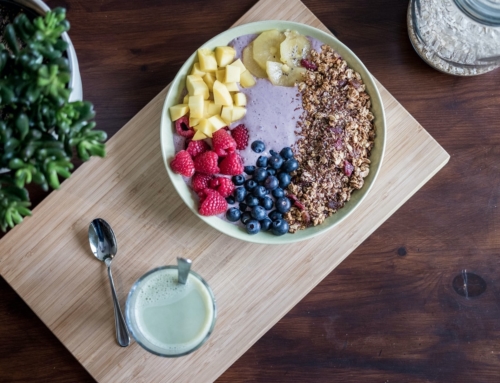For many, February is recognized as “heart health month”. When we consider the statistics for heart-related deaths in seniors it is quite staggering. 84% of those 64 and older will die of heart-related diseases. That is not something to ignore.
What can you do to avoid becoming one of the statistics?
It is important to reduce your risk of heart disease, and this can be done in small daily steps. Most importantly you should be watching what you eat by staying away from saturated fats, too much salt avoiding high cholesterol foods like fatty meats and focussing more on fresh fruits and vegetables as much as possible. A plant-based diet is one that is most recommended to avoid damage to your heart and your overall health. Plant-based diets have known to be very helpful, especially for those who are diabetic or at risk for diabetes. Eating a plant-based diet does not mean that you are going vegetarian, but rather that your plate is focussed on vegetables, fruits, nut seeds, and healthy grains. There are those who do still on occasion have lean, free-range meat, and still, some who do incorporate some fish into their diet. Many still have cheese and eggs, and there are those who cut dairy products out completely.
Either way, a plant-based diet has been known to help those who are diabetic take complete control of their blood sugar and some have even been able to completely reduce or even come off their medications. (please do not attempt to do so without consulting with your health professional).
Those who eat plant-based focus on:
- Seeds
- Fruits
- Plant-based oils (olive, avocado)
- Veggies
- Nuts and nut butter
- Legumes
Those who eat plant-based do not consume:
- Processed meats (bacon, lunch meats, sausages)
- Refined grains (white rice, white bread)
- Fast foods
- Desserts that are sweetened
- Sweetened beverages
I think a great way to think about it is, if you are consuming it the way God created it, then you’ve got it right.
Ideally, you do NOT have to have all your required food groups in one sitting either. We have mostly been raised to think that we need to have a plate of protein, veggies, and starch. That is simply not true. You can have a salad and consider that a meal, you can have a little fruit and some nuts and consider that a meal. One thing that is important is to try and not include two protein sources in one meal which can be hard on your digestive system. In fact, it is best to consume less variety, meaning concentrate on one food group, each time you eat.
Switching to a plant-based diet will not only help your heart, but you will likely feel better mental clarity, more energy and maybe even lose a little in the process.
Exercise, of course, is important in keeping your heart healthy. If you have not been doing any exercise for a while, then it is best to start out slow. Even a ten-minute walk each day can be a great way to start. You can get a little fresh air, sunshine and a little vitamin D while walking. You can increase the amount you walk, slowly over time. Another low impact exercise is swimming, and the local aquatic centre has low-impact exercise classes in the pool which are a lot of fun.
You don’t have to be a statistic, getting older does not have to mean your health needs to decline. You can take control of how you will age, and today is a great day to begin!





